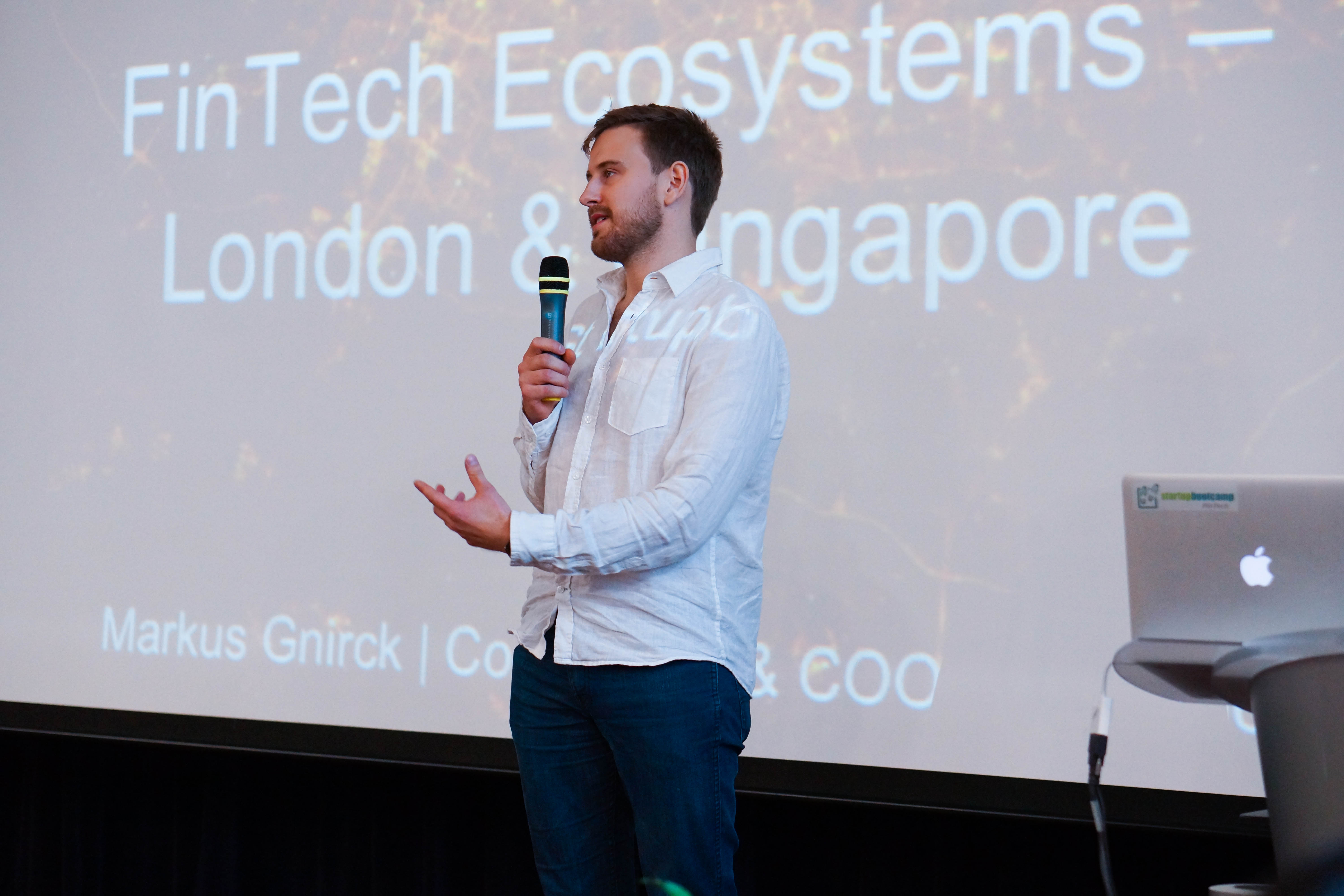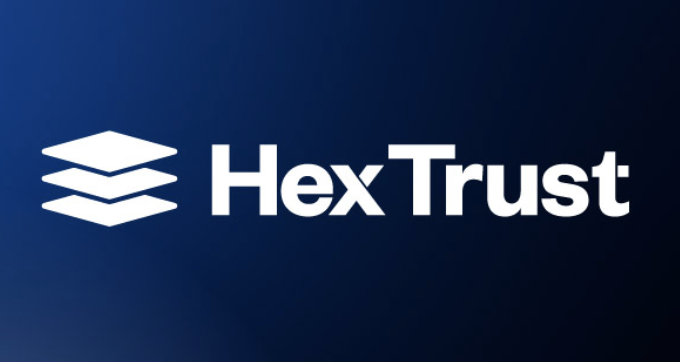
Which Asian city has the hottest FinTech startup ecosystem?
E27.CO: Among heavyweight financial hubs Hong Kong and Shanghai, Singapore takes the top spot as the ecosystem most conducive to building FinTech startups, says Markus Gnirck, Co-Founder and COO of Startupbootcamp FinTech
Over the last seven weeks, we at Startupbootcamp FinTech have hosted 12 pitch days for FinTech startups across Asia and have met 120+ early stage businesses. Based on ‘Boosting FinTech ecosystems in Asia,’ each pitch day has brought together all major stakeholders in each FinTech ecosystem and given 10 selected startups the opportunity to pitch in front of mentors.
These events have provided us with amazing insight into local FinTech activities and offer a unique overview of the FinTech pulse in Asia. Furthermore, these learnings have reinforced why Singapore offers one of the strongest ecosystem to run a FinTech accelerator for fast-growth startups.
What’s hot in FinTech in Asia?
While the most common FinTech trends across Asia have been in Bitcoin, Mobile Payments, P2P Platforms and Digital Banking. Having observed over 120 startups from Singapore to Sydney, there have been clear trends within these diverse ecosystems.
Hong Kong has shown a strong presence of ventures that are offering B2B solutions for hedge funds and investment firms, Big Data analytics and wealth management. A healthy mix of local and foreign entrepreneurs are using Hong Kong as a beachhead segment to enter the huge Chinese market. The maturity of the Hong Kong ecosystem can be seen in professionals leaving the finance sector and launching a startup. Institutions like Cyberport are offering early stage support to get these ventures off the ground.
Jakarta and Kuala Lumpur are very early-stage FinTech ecosystems where activities to innovate the finance and banking space have just started. The majority of startups are offering B2C solutions that mostly are in the Personal Finance Management (PFM), mobile payments and expense and bill-splitting management. As these entrepreneurs discover large consumer pain points, these easier-to-build solutions are typical for an early stage ecosystem (like in the US and Europe five years ago).
Shanghai, as the Finance capital of China, has shown stronger presence of FinTech startups than Beijing. One might expect a large amount of B2C startups serving the Chinese consumers, however most startups that pitched were actually building products for the finance industry. Promising startups in the wealth management and Big Data industries dominate the Shanghai scene.
Just recently Seoul has put itself on the FinTech map. The government announced last year that innovation in banking is top of the agenda which helped to catalyse FinTech. Even though regulations bring barriers to entry, P2P lending and crowdfunding platforms are emerging. Additionally, startups aggregating data for investment decisions can be found.
Pitch Days in Mumbai and Bangalore have shown the high-quality engineering skills of Indian entrepreneurs. Highly tech-driven startups build solutions for various verticals in FinTech: Big Data Analytics, Payments and Authentication. However, more and more B2C startups are arising which design digital products for the growing Indian middle class, such as social trading platforms.
Tokyo is in the early stages of becoming a buzzing FinTech ecosystem. Because of a highly regulated environment, so far PFM’s and other consumer facing products can be found. Japan has still to unlock its potential of its skilled engineers that have made this country highly technical.
Last, but certainly not least, Singapore has a mix of trends that reflect the diversity of this maturing FinTech hotspot. In the two Pitch Days here, we have seen startups in cryptocurrencies, P2P lending, payments, wealth management and remittances.
What ties them all together?
It is clear that every FinTech startup that is keen to build a scalable product and to take it to international markets, should seek the advice of mentors and investors as early as possible. There is no lack of mentors in each ecosystem, however they need to be given a platform to come together and work with startups. We therefore act as the glue, running Pitch Days to bring together expert mentors and investors with startups to facilitate growth and facilitating hundreds of connections for startups who join our Accelerator.





